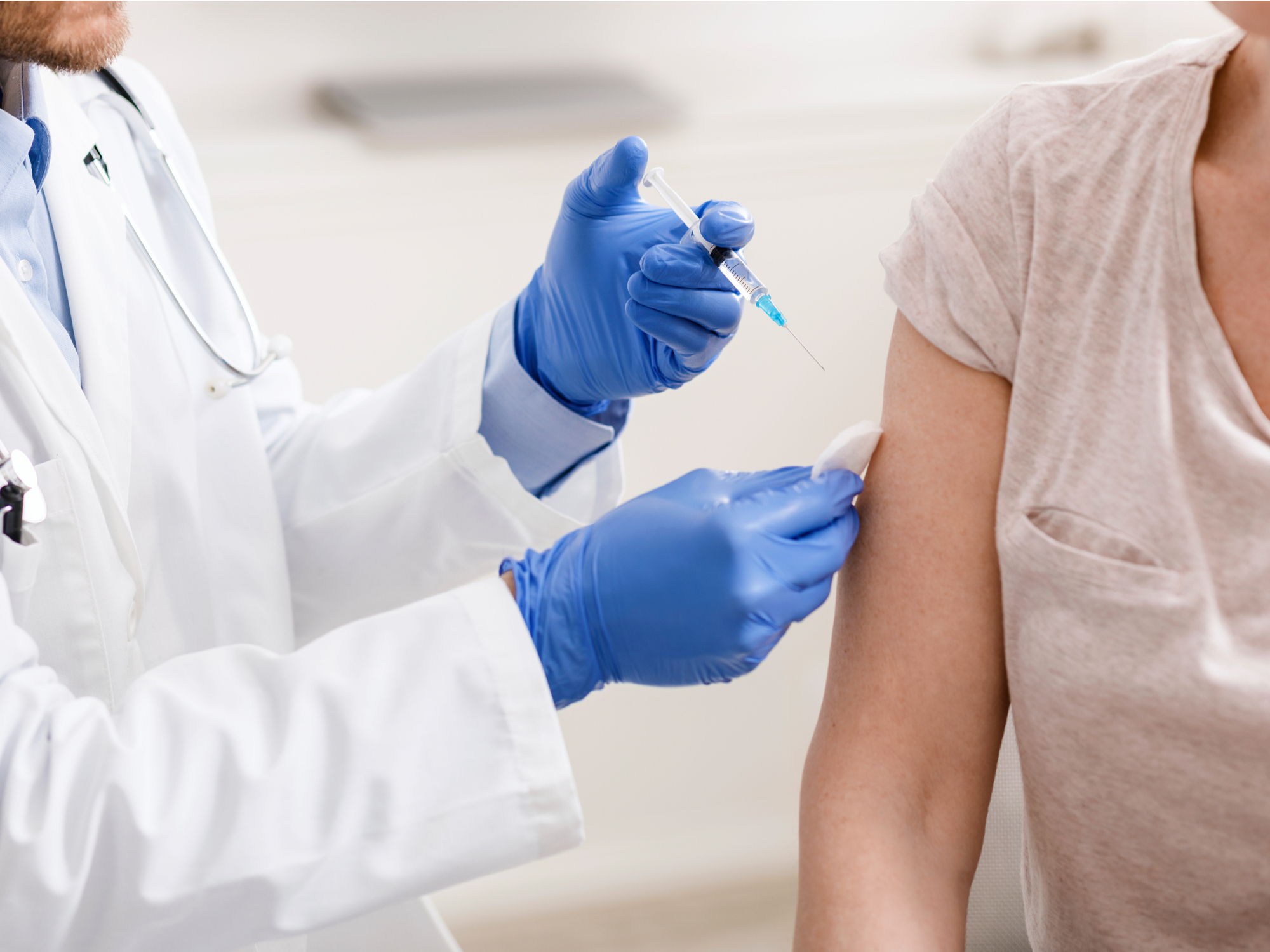Emirates rolls out Covid-19 vaccination programme

The Emirates Group has rolled out a Covid-19 vaccination programme for its UAE-based workforce in coordination with the Dubai Health Authority and the Ministry of Health and Prevention today. The inoculation drive began this morning, with priority being placed on its frontline aviation workforce, including cabin crew, flight deck and other operationally focused roles.
The airline, along with dnata, are among the first transport and air services organisations in the world to offer employees the option to get vaccinated against the Covid-19 virus. Over the course of the pandemic, Emirates and dnata have implemented multiple layers of safety measures, to ensure the health and safety of customers, employees and the communities served. The rollout of its vaccination programme is another step forward, helping to safeguard the health and wellbeing of aviation employees who serve the travelling public and help move essential goods around the world.
The Emirates Group is making both the Pfizer-BioNTech and Sinopharm vaccines, which have been approved by the UAE health authorities, conveniently accessible to its employees at various company locations across the UAE. Inoculation appointments will run 12 hours a day, seven days a week to ensure as many essential aviation workers as possible can get the vaccine. Like all citizens and residents, Emirates Group employees in the UAE can also opt to get vaccinated at government designated medical centres and clinics, as the UAE’s leadership and health authorities have spared no effort to make vaccines free and accessible to the population.
According to the data compiled by Our World In Data, a research website based at Oxford University, the UAE is ranked second highest in the world for vaccination rates, with over 19.04 doses administrated for every 100 people, and close to 1.9 million vaccinations have been given to citizens and residents since their rollout in December 2020. The UAE is also on track to inoculate over 50 per cent of its population by the end of March.


Comments are closed.